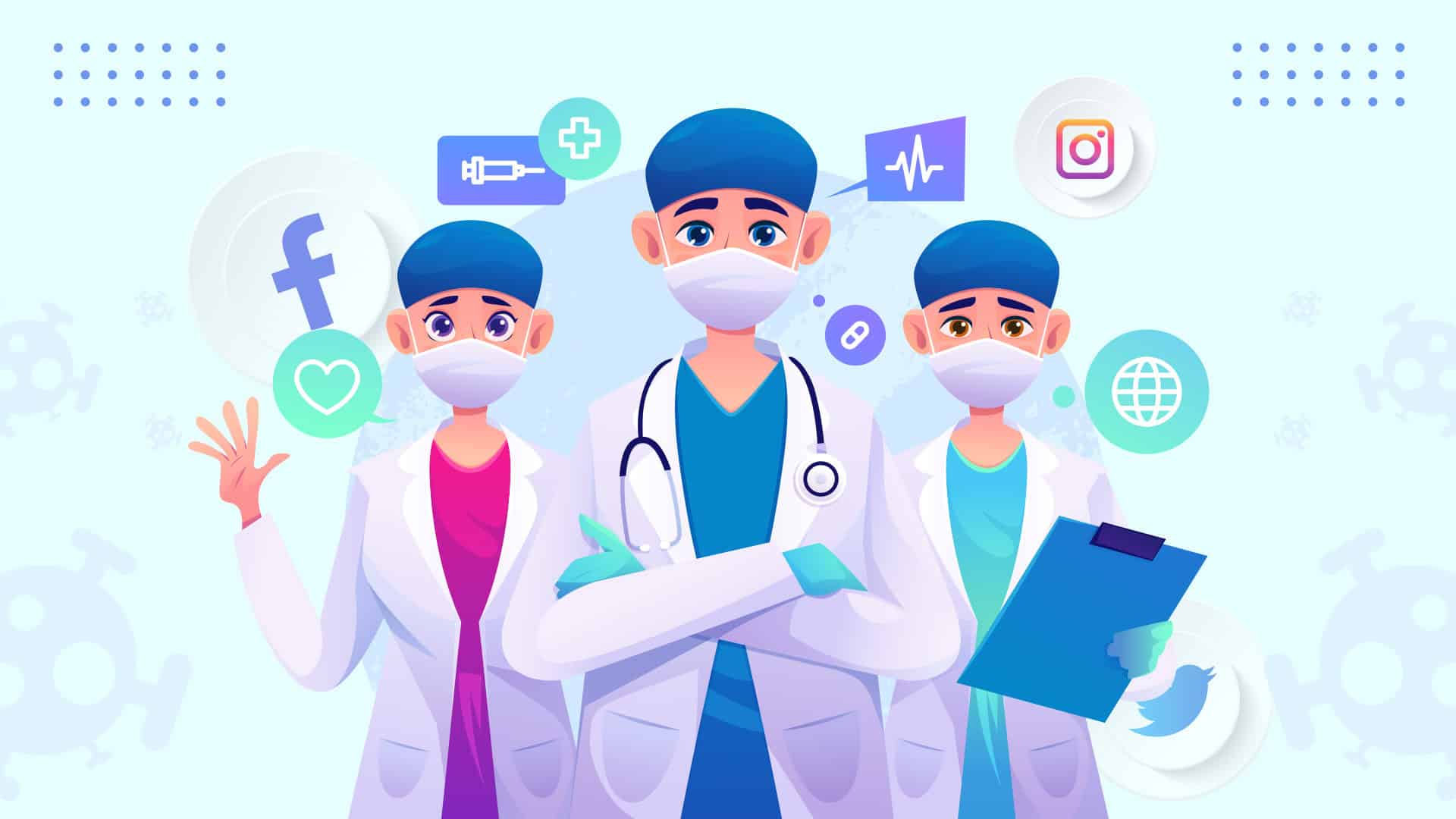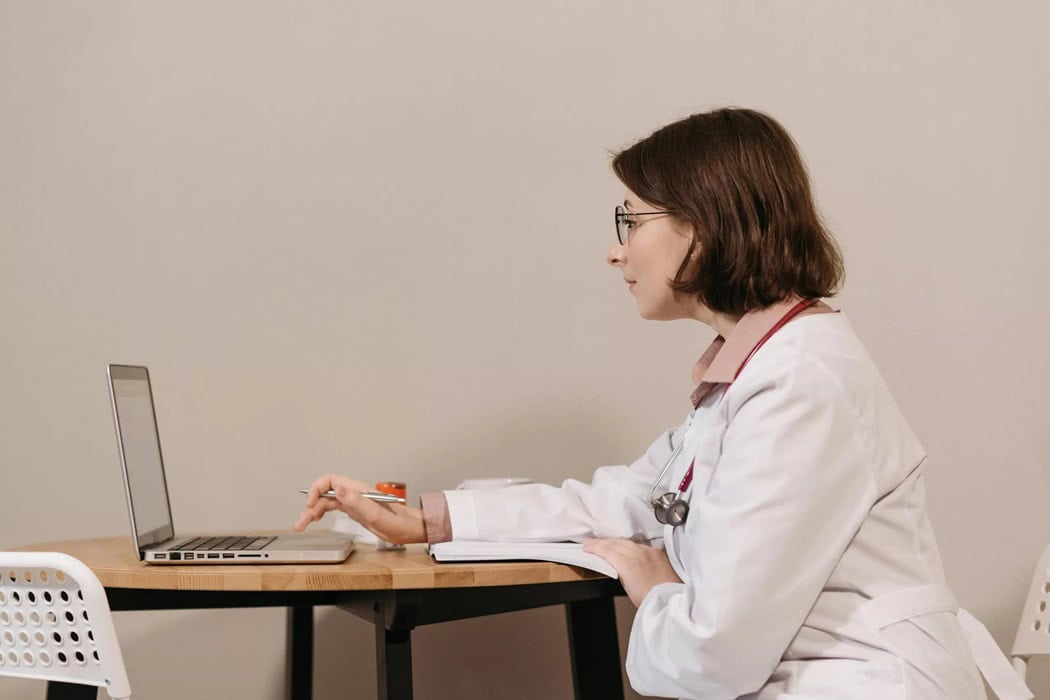Continuous Professional Development: Navigating the Evolving Landscape of Medical Excellence

In the intricate and dynamic world of modern healthcare, medical professionals stand at the intersection of unprecedented scientific advancement and human responsibility. Continuous Professional Development (CPD) has emerged as the critical compass guiding physicians through this complex terrain, ensuring that medical practice remains not just current, but truly transformative.
The Shifting Paradigm of Medical Knowledge
Medical science moves at a breathtaking pace that defies traditional learning models. Consider the staggering reality that medical knowledge now doubles approximately every 73 days, rendering yesterday’s cutting-edge research potentially obsolete by tomorrow. This rapid transformation means that a physician’s education cannot conclude with their initial medical degree or residency—it must become a lifelong journey of intellectual curiosity and structured learning.
Recent comprehensive research has illuminated the direct correlation between consistent professional development and enhanced patient care. Physicians who engage systematically in ongoing learning demonstrate substantially improved clinical outcomes. These practitioners exhibit lower rates of diagnostic errors, more nuanced understanding of emerging treatment protocols, and a more adaptive approach to patient care.
Crafting a Holistic Approach to Professional Growth
Professional development for medical practitioners transcends mere academic accumulation. It represents a multifaceted approach to personal and professional evolution that encompasses clinical expertise, interpersonal skills, technological adaptation, and profound self-reflection.
The most effective CPD strategies begin with rigorous self-assessment. This introspective process involves meticulously examining one’s current clinical practice, identifying potential knowledge gaps, and understanding emerging trends within one’s specialty. Physicians might review challenging case histories, analyse patient outcome data, seek candid feedback from colleagues, and critically evaluate their own performance across various clinical scenarios.
A sophisticated CPD approach integrates diverse learning modalities. Gone are the days when professional development meant passive attendance at occasional conferences. Modern medical learning blends traditional academic lectures with immersive technologies, interactive case studies, global collaborative platforms, and personalised digital learning experiences.
Technology: The New Frontier of Medical Learning
Digital platforms have revolutionised how medical professionals engage with ongoing education. Virtual simulation training allows surgeons to practice complex procedures without patient risk. Online platforms provide real-time access to global medical research, enabling physicians to stay instantaneously updated with the latest clinical protocols and breakthrough treatments.
Artificial intelligence is increasingly playing a transformative role in CPD. Intelligent learning systems can now analyse a physician’s learning patterns, recommend targeted educational content, and create personalised development trajectories that align precisely with individual professional needs and specialty requirements.
Navigating Practical Challenges
Despite the clear benefits, medical professionals often encounter significant barriers to consistent professional development. Time constraints, financial limitations, and the overwhelming volume of available information can make structured learning seem daunting.
Successful practitioners develop strategic approaches to overcome these challenges. This might involve dedicating specific time blocks for learning, leveraging micro-learning opportunities during clinical breaks, utilizing mobile learning platforms, and strategically selecting high-impact educational experiences that offer maximum knowledge transfer with minimal time investment.
Beyond Individual Growth: Systemic Impact
Continuous Professional Development is not merely an individual pursuit but a collective responsibility that shapes the entire healthcare ecosystem. When medical professionals commit to ongoing learning, they contribute to a culture of excellence that elevates patient care, drives medical innovation, and maintains the profound trust society places in healthcare providers.
Research consistently demonstrates that hospitals and medical institutions with robust CPD cultures experience measurably better patient outcomes, higher staff retention rates, and more innovative clinical practices. By investing in their professionals’ growth, these institutions create environments of perpetual learning and improvement.
The Human Element: Reflection and Adaptation
While technological tools and structured programs are crucial, the most important aspect of Continuous Professional Development remains fundamentally human. It requires intellectual humility—the willingness to acknowledge that medical knowledge is never complete, that there is always more to learn, and that each patient interaction offers an opportunity for deeper understanding.
Successful medical professionals approach CPD not as a compliance requirement but as an exciting intellectual journey. They cultivate curiosity, embrace complexity, and maintain a sense of wonder about the human body’s intricate mechanisms and the ever-expanding frontiers of medical science.
Looking Toward the Future
As we peer into the future of medical education, we see a landscape of unprecedented possibility. Personalised learning algorithms, augmented reality training environments, global knowledge networks, and increasingly sophisticated simulation technologies will continue transforming how medical professionals learn and grow.
The physicians who will thrive in this environment are those who view learning not as a destination but as a continuous, dynamic process. They will be adaptive, technologically savvy, deeply empathetic, and committed to excellence in both scientific understanding and human care.
Conclusion: A Commitment to Excellence
Continuous Professional Development represents far more than an academic exercise or regulatory requirement. It is a commitment to personal growth, patient safety, and the advancement of medical science. By embracing a holistic, strategic approach to ongoing learning, medical professionals can ensure they remain at the forefront of healthcare innovation, delivering the highest standard of compassionate, evidence-based care.
The journey of medical learning is infinite, fascinating, and fundamentally human—a testament to our collective capacity for growth, understanding, and healing.



